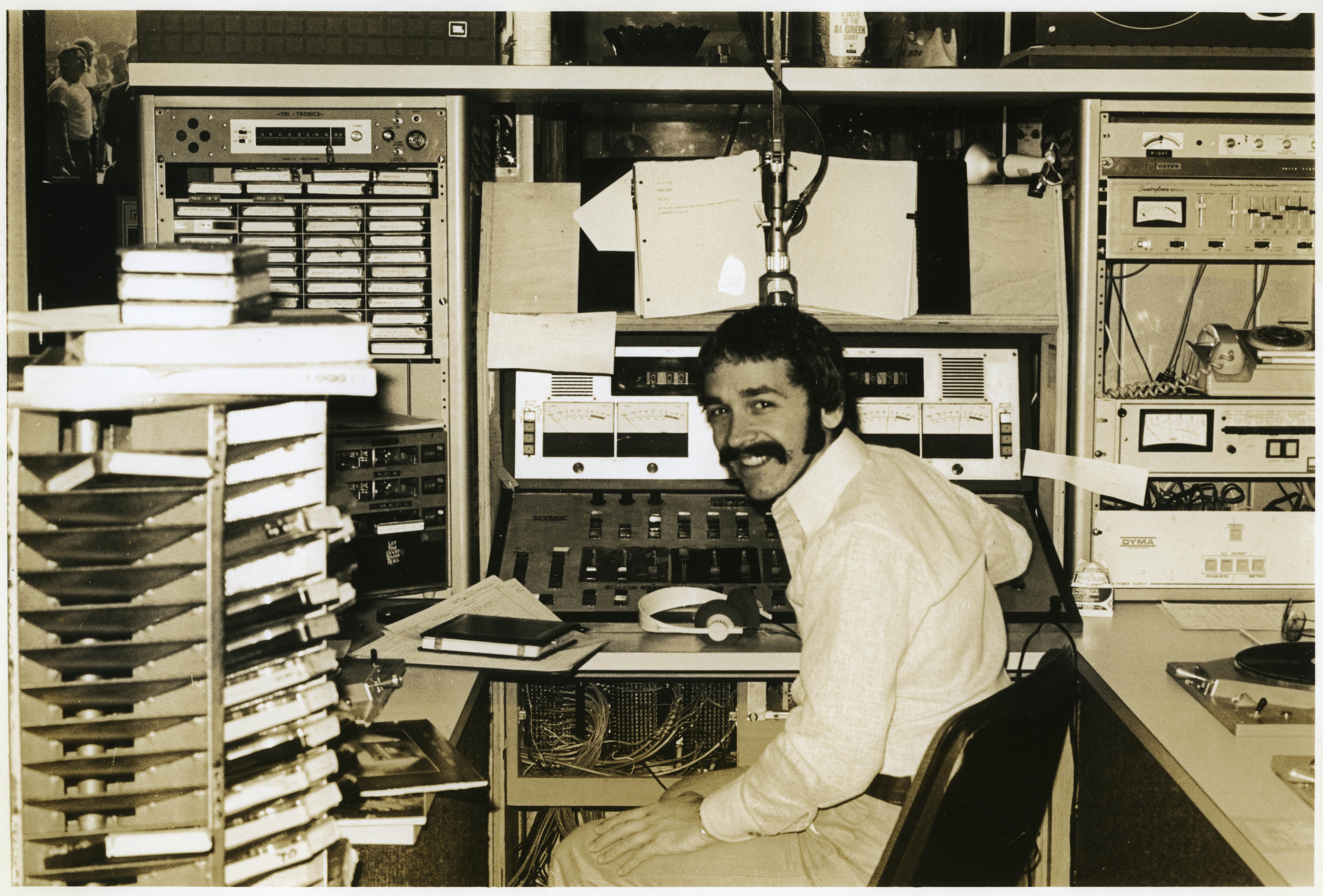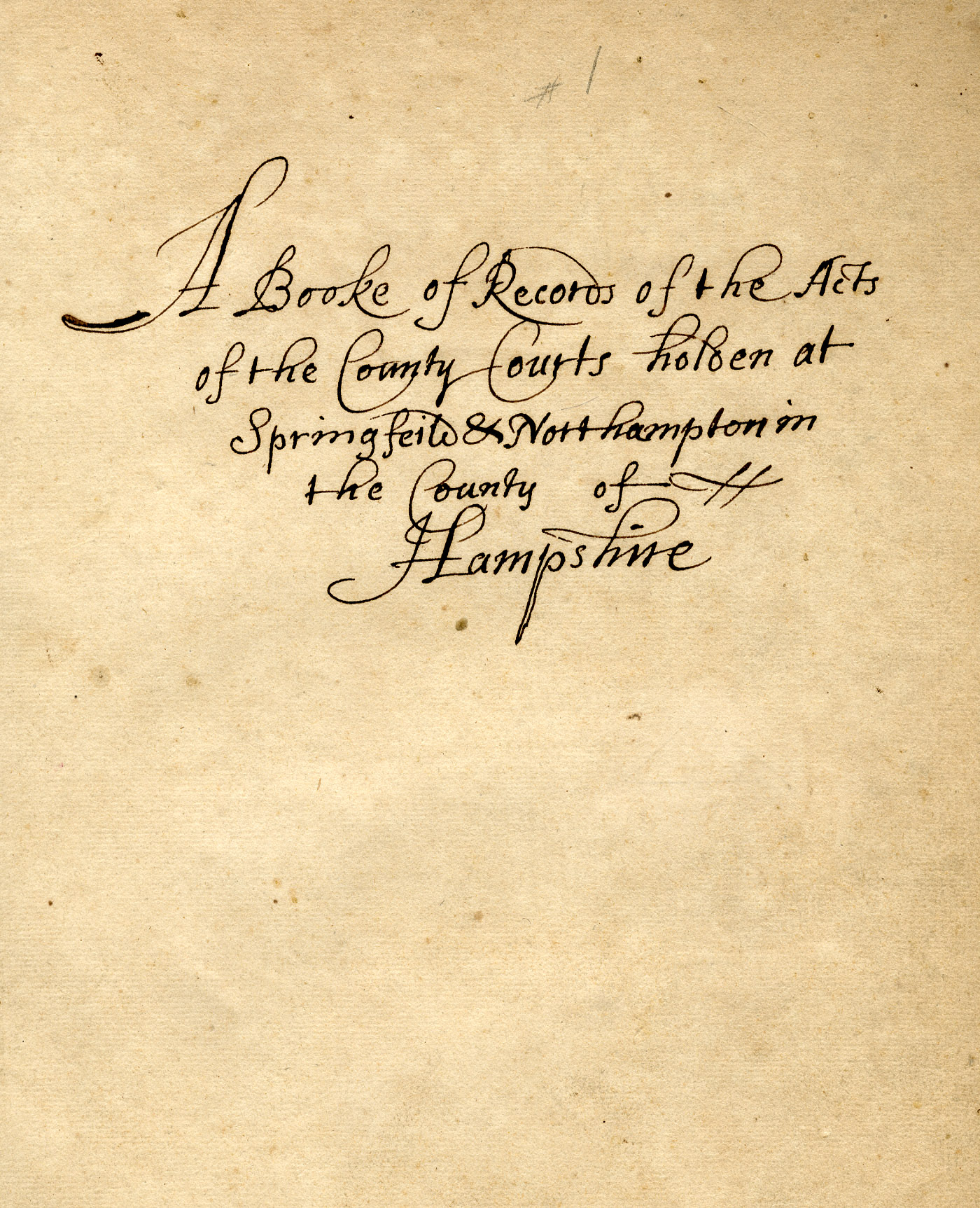Tommy Hadges Collection

While in college, Tommy Hadges expected to become a dentist. After graduating with a Biology degree from Tufts University, he attended Harvard Dental School for 18 months, but discovered that his calling wasn’t in dentistry, it was in radio. While at Tufts, Hadges was involved in resurrecting Tufts’ campus station WTUR, & also worked at the MIT student-run broadcast radio station WTBS. Still an undergraduate, Hadges was recruited by Ray Riepen in 1968 to be among the first DJs (along with along with fellow WTUR announcers Joe Rogers & J.J. Jackson) at WBCN, Riepen’s experiment to bring freeform, rock radio to Boston. WBCN was a massive and groundbreaking success, and after 2 years splitting school with part-time announcing at WBCN, Hadges returned to the station in 1970 to be a full time announcer. Hadges was promoted to Program Director at WBCN in 1977 and then left to become Program Director for neighboring WCOZ in 1978. Hadges gathered significant experience in commercial radio at WCOZ and later at Los Angeles’ KLOS, where he doubled the station’s ratings. This experience positioned him to become a consultant with Pollack Media Group, eventually becoming President & spending several decades helping grow the consultancy into a major international business, serving as a radio producer for international broadcasts (including the Live Aid, Live 8 and Live Earth concerts) and helping new stations build technical infrastructure. Hadges retired from Pollack Media Group in 2018.
The Tommy Hadges Papers document his years at WBCN in Boston, and includes photographs — some of the only depicting WBCN’s Stuart Street location, ephemera, and promotional materials.



